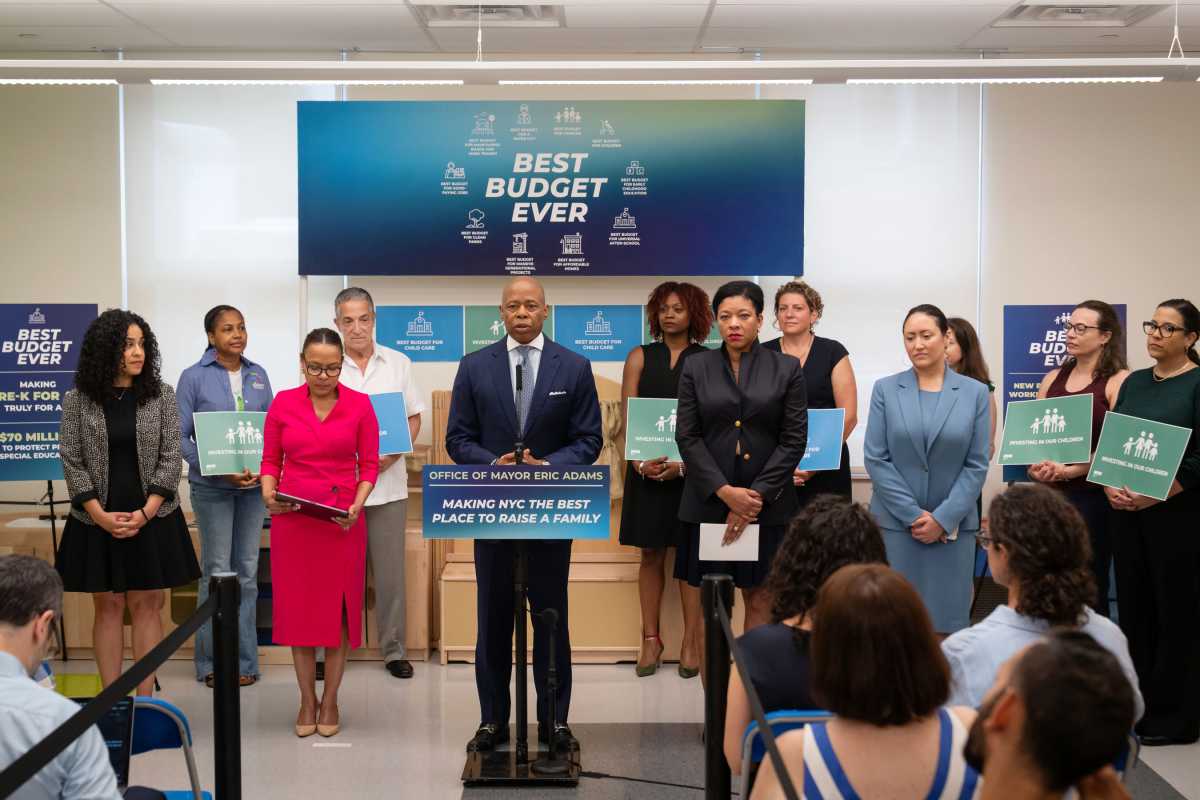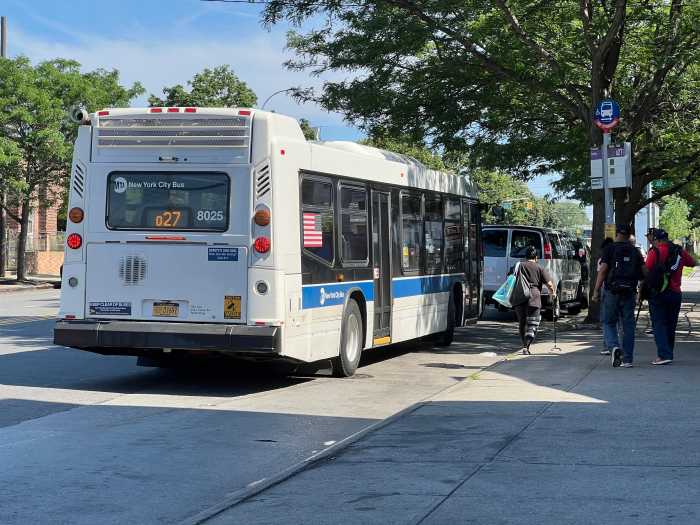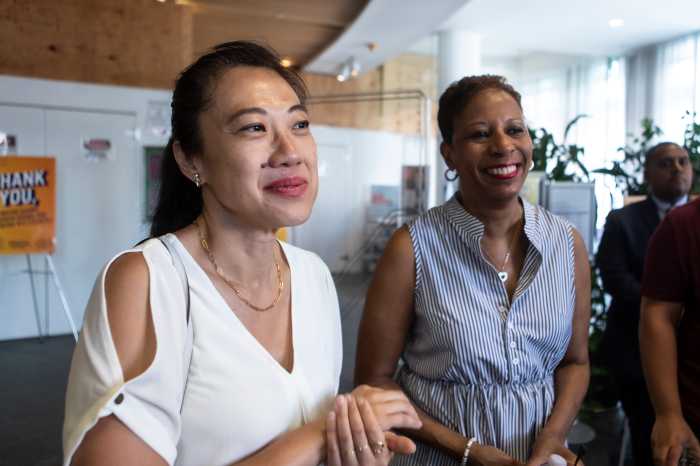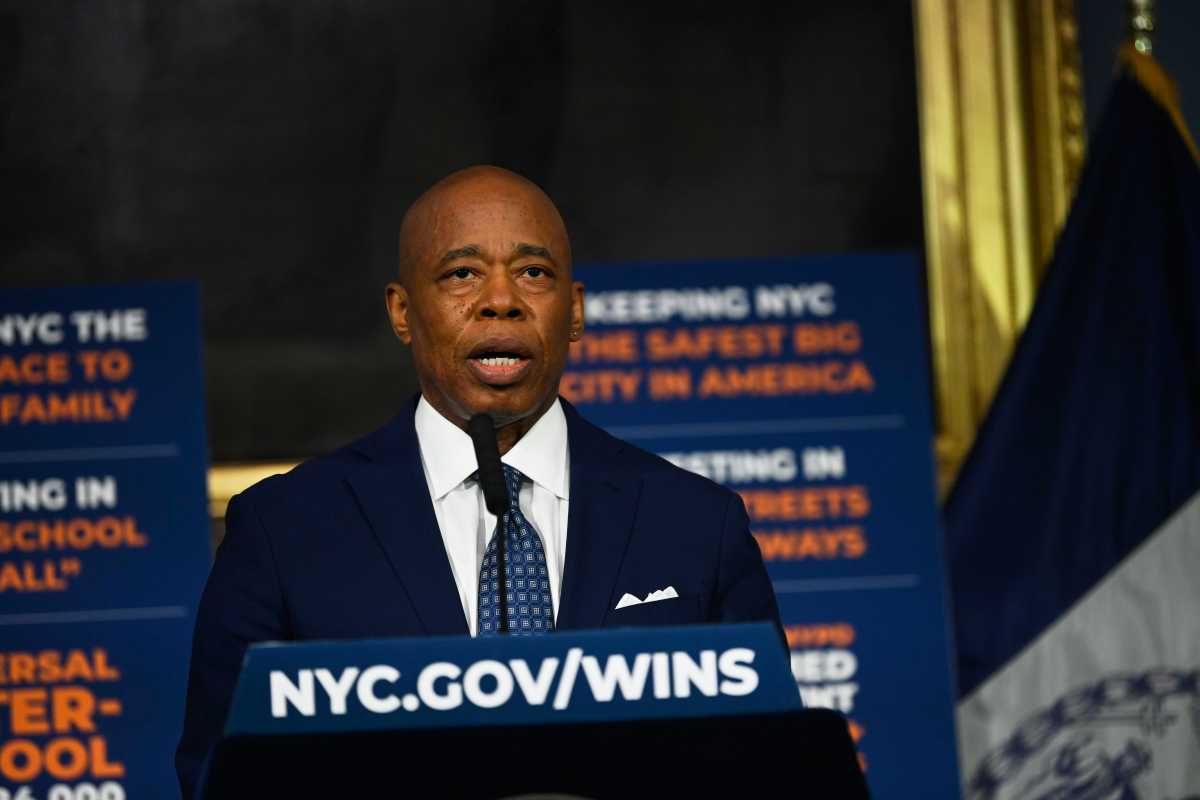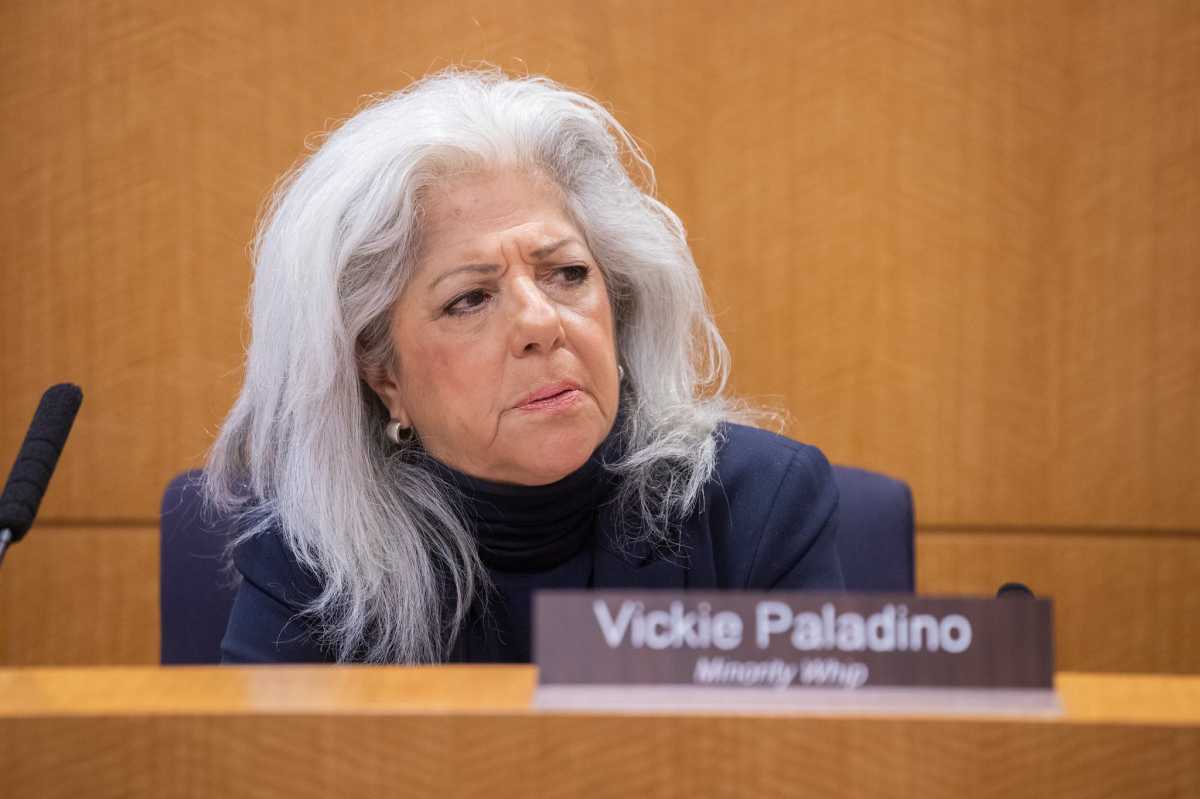Property tax increases are no stranger to Mayor Michael Bloomberg. After only a few months in office, Bloomberg proposed a whopping 25 percent property tax increase in 2002. He got an 18.5 percent hike instead and has been targeting property for increased revenue ever since.
However, future rate increases that would have to be enacted by law, have proved to be elusive, extremely high profile and very unpopular.
Shortly after the 2002 increase, and with some experience in government, Bloomberg figured out how to work the levers of bureaucracy and discovered an easy, under-the-radar workaround to squeeze money from the hands of property owners, renters and especially businesses in city.
Property owners pay tax on the valuation of the property they own. Bloomberg discovered he could increase revenue by waving the magic wand of the Finance Department to decide that valuations are increasing, regardless of the actual value of the property.
However, while property values have decreased, so has the city’s tax base. Having valuations decrease while overall revenues are shrinking just wouldn’t work for this profligate administration. The solution – keep increasing assessments.
Co-ops in Queens seem to have the dubious distinction of hardest hit. With assessments increasing from 20 percent to as much as 147 percent for Cryder Point in Whitestone, Queens has seen an average increase of 32.4 percent this year. Economic reality has never been Bloomberg’s strong point, but this defies logic.
NYC’s property tax system is so byzantine, a class at the New School would be required just to get an idea of how complex it is. With four classes of property, each with a different pay structure, and each linked by law in the total percent of property tax revenue they can contribute, it gets real confusing real fast.
Payments from homeowners and rental properties, which make up over 50 percent of the city’s property value, must comprise only 15 percent of the total levy, according to state law. Commercial class 3 and 4 properties must be at 50 percent of total revenue. The co-ops and condos levy is 35 percent, which partially explains why they pay more than rentals or single family homes. While they have been the revenue target du jour, eventually every property will be hit to maintain the balance.
The time has come for a reality-based property tax system for NYC, based on the real world value of the underlying property, and not an assessed valuation determined by a government bureaucrat who has a list of comparables in one hand and the city budget in the other.
Robert Hornak is a Queens-based political consultant, blogger, and an active member of the Queens Republican Party.

